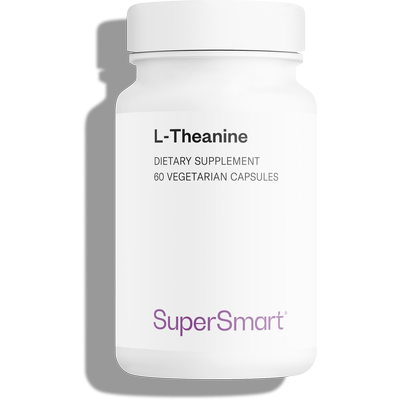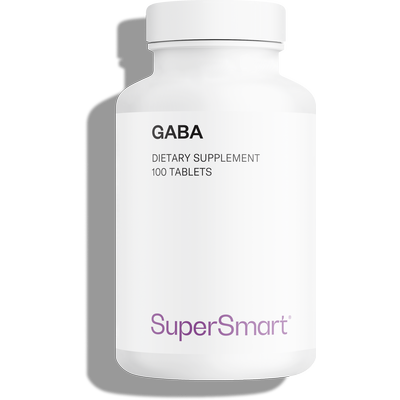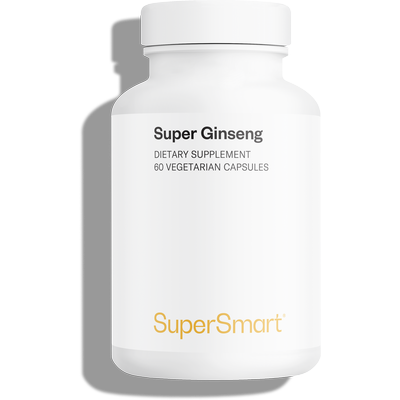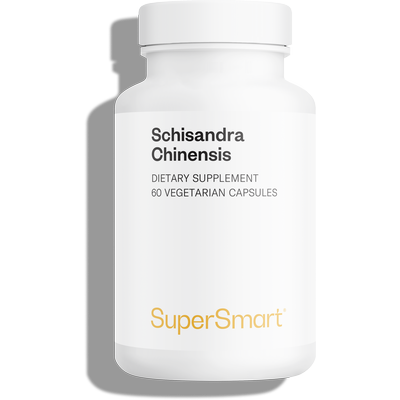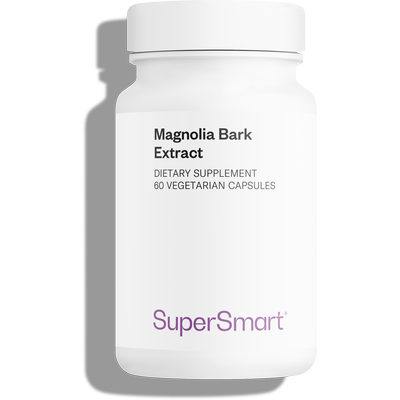04-09-2017
After the holidays: how to cushion yourself against the stress of returning to work or school
 The new school year is already upon us, marking the end of the summer holidays and the start of what can be a difficult period. It’s a time when those everyday work- or study-related worries, put on hold over the summer, reappear … September heralds a change in season too, with the arrival of autumn followed by winter. It can also be a time for reassessing our lives, both professionally and personally. All these factors mean that the end of the summer holidays is considered by psychologists to be a ‘stressor’ - an event that upsets our psychological equilibrium and increases our stress levels. Such anxiety can assume alarming proportions and cause ‘back-to-school syndrome’ - a variety of problems that include low mood and morale, loss of appetite and sleep problems. The good news is that we can prepare for the return to work or school by cushioning ourselves from the harmful effects of stress with natural active principles identified for their relaxing, anti-stress and anti-depressant effects. Discover the latest research in this field and help minimise the ‘pain’ of going back to work!
The new school year is already upon us, marking the end of the summer holidays and the start of what can be a difficult period. It’s a time when those everyday work- or study-related worries, put on hold over the summer, reappear … September heralds a change in season too, with the arrival of autumn followed by winter. It can also be a time for reassessing our lives, both professionally and personally. All these factors mean that the end of the summer holidays is considered by psychologists to be a ‘stressor’ - an event that upsets our psychological equilibrium and increases our stress levels. Such anxiety can assume alarming proportions and cause ‘back-to-school syndrome’ - a variety of problems that include low mood and morale, loss of appetite and sleep problems. The good news is that we can prepare for the return to work or school by cushioning ourselves from the harmful effects of stress with natural active principles identified for their relaxing, anti-stress and anti-depressant effects. Discover the latest research in this field and help minimise the ‘pain’ of going back to work!
Powerful anti-stress effects of adaptogen plants
Benefits of adaptogen plants for fighting increased stress levels
A plant is said to be an adaptogen when it helps the body adapt to stress factors or imbalances. Such plants owe their beneficial properties to their content in active principles. Once ingested, these natural compounds can work in very different ways. For example, they may modulate the nervous, hormone or immune systems, or indeed blood pressure and body temperature. As a result of these various mechanisms of action, many stress factors can be alleviated by adaptogen plants, the best-known of which include rhodiola (Rhodiola rosea), ashwagandha (Withania somnifera), magnolia (Magnolia officinalis), ginseng (Panax ginseng) and the red berries of Schisandra chinensis. Extensively-studied, all these plants are now available as part of SuperSmart’s wide range of adaptogen nutritional supplements.
Recognised adaptogen properties for combatting depressive disorders
As a result of their therapeutic benefits, adaptogen plants have been the subject of numerous scientific studies. One such plant is rhodiola, a Siberian herb with adaptogen properties. An article published in 2016 in the journal Phytomedicine provided a comprehensive overview of research conducted on this plant1. The authors analysed a number of scientific studies from the Russian state library and MEDLINE databases, focusing on rhodiola’s properties, mechanisms of action, efficacy and safety of use. Their analysis showed that the plant’s active principles, such as salidroside, offer different effects in the body, participating in particular in several biochemical reactions of the neural sphere, giving them significant therapeutic potential. Several pre-clinical studies conducted in vivo and ex vivo in animal models show that rhodiola has numerous anti-depressant effects. A number of human trials have confirmed the anti-depressant and anti-stress effects of rhodiola. One double-blind, placebo-controlled study demonstrated rhodiola’s therapeutic benefits against depressive disorders. Seven other trials have confirmed its efficacy against the harmful effects of stress. As well as supporting the beneficial effects of this adaptogen plant, these various studies have also confirmed the tolerance and safe use of rhodiola extracts.
Calming effects of L-theanine
L-theanine, a natural active principle recognised for its anti-stress effects
In addition to adaptogen plants, other natural active principles are recognised for their calming effects. One such substance is L-theanine, a compound found in the leaves of green tea. Also known as N-ethyl-L-glutamine, L-theanine is an amino acid which is attracting considerable interest among the scientific community. An article published in 2016 in the journal Beverages2 provided an update on the various studies conducted on this molecule, describing its benefits for the immune, vascular and nervous systems. In the brain, L-theanine has revealed a number of beneficial effects against stress and anxiety.
L-theanine’s mechanism of action against stress and anxiety
Many scientists investigating L-theanine’s mechanism of action have shown it to have calming effects in the brain. It is able to regulate levels of dopamine and serotonin, two neurotransmitters involved in states of anxiety and stress. This modulating effect involves the release of another neurotransmitter called γ-Aminobutyric acid, more commonly known as GABA. GABA is known to inhibit prolonged stimulation of neurons, and as a result, offers significant anti-stress activity. By promoting the release of GABA, L-theanine thus confers a calming effect, a benefit supported by several studies. One such study conducted on pharmacy students confirmed the efficacy of L-theanine supplementation in combatting stress.
These scientific discoveries provide effective, natural solutions that can alleviate the stress of going back to work or school. A number of anti-stress supplements have been developed to offer the benefits of these various active principles. One such product is Suntheanine®, a bioavailable form of L-theanine available from the SuperSmart catalogue. A combination of several adaptogen plants is also available in the supplement Adaptix. Adaptogen plants also form part of other anti-stress supplements such as the formulation Adrenal Support which contains rhodiola, and Stress Relief Formula with extracts of magnolia and Schisandra berries.
> Sources : 1. JD Amsterdam et AG Panossian, Rhodiola rosea L. as a putative botanical antidepressant, Phytomedicine, 2016 Jun 15;23(7):770-83.
2. J. Williams et al., L-Theanine as a Functional Food Additive: Its Role in Disease Prevention and Health Promotion, Beverages, 2016;2(2):13.
Order the nutrients mentioned in this article
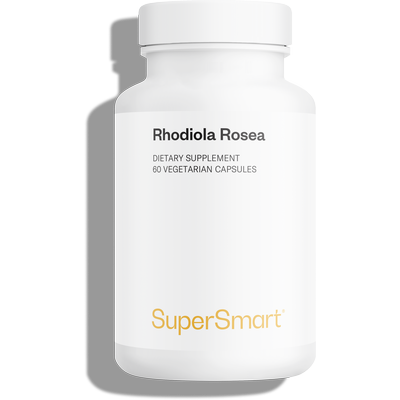
Rhodiola rosea extract has been considered one of the principal adaptogens substances.
www.supersmart.com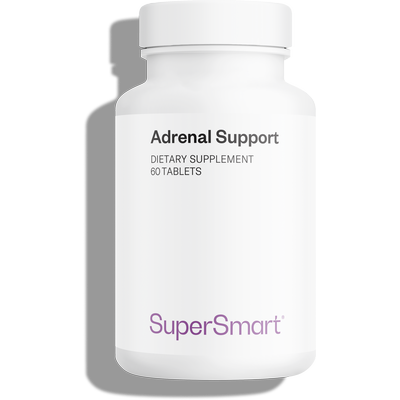
Supports adrenal function and improves the body's response to stress
www.supersmart.com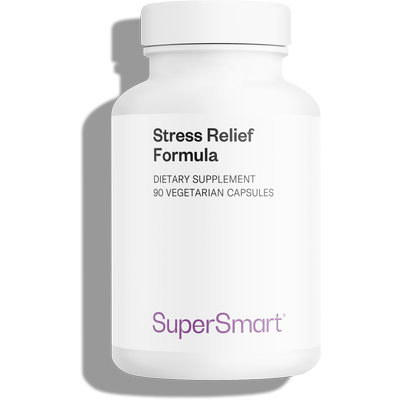
Combats stress-induced problems with sleep, energy and tranquillity
www.supersmart.com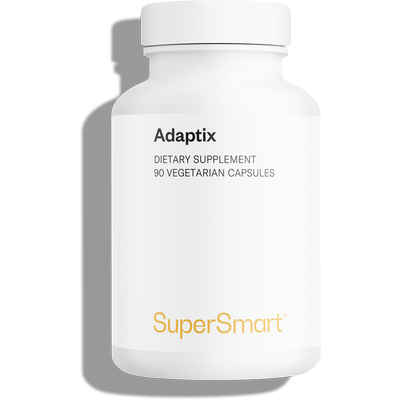
Eight different adaptogens to combat the effects of stress and boost physical and mental vitality
www.supersmart.com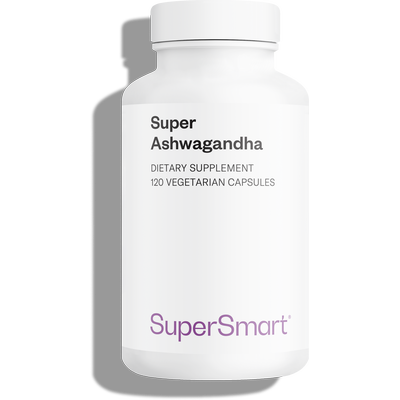
An organic Withania somnifera extract for mental health and relaxation
www.supersmart.comFurther reading
02-02-2015
L-tryptophan is one of eight essential amino acids in the human diet. It is the metabolic precursor of serotonin, melatonin and niacin. It was discovered...
Read more12-11-2013
The European Union has finally authorised a natural sleep aid: melatonin. If you ask me, those responsible for banning this natural substance for so many...
Read more29-03-2017
Do you find it difficult to get to sleep? Do you often wake up in the middle of the night? And then have trouble falling...
Read more© 1997-2025 Fondation pour le Libre Choix
All rights reserved
All rights reserved
Free
Thank you for visiting our site. Before you go
REGISTER WITHClub SuperSmart
And take advantage
of exclusive benefits:
of exclusive benefits:
- Free: our weekly science-based newsletter "Nutranews"
- Special offers for club members only



